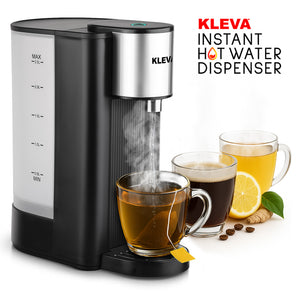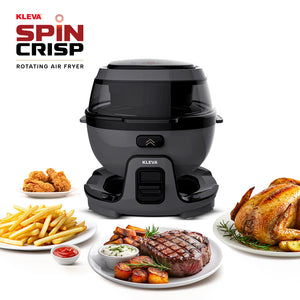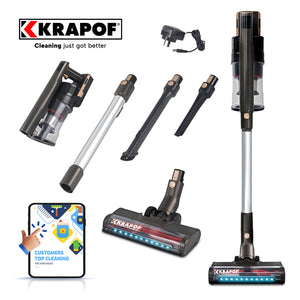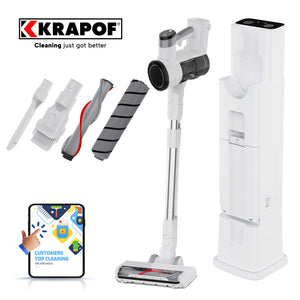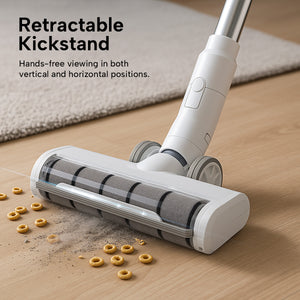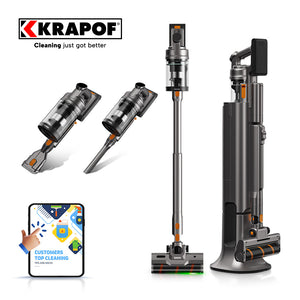In this article, we are going to tell you everything you need to know about using kitchen knives like a professional in your home. By the time you have finished reading, you will know exactly how to use a kitchen knife like a pro, whether you are chopping onions, slicing meat or dicing potatoes.
How to use a kitchen knife like an experienced professional
Whether you are someone who loves to cook or simply wants to improve your culinary skills, mastering the use of kitchen knives is an absolute must. Using kitchen knives properly can make your cooking experience much more efficient, enjoyable and safe. Here are some carefully chosen tips on how to use your kitchen knives like a real pro:
- Choose the right knife for the job — Not all knives are created equal. Each one serves a specific purpose, so make sure you have the right knife for the job at hand before you get started. For example, a chef's knife is perfect for chopping vegetables, while a serrated knife is a great choice if you are slicing bread. By knowing which knife is ideal for the task at hand, you will be able to avoid making many of the more common mistakes that tend to catch kitchen newbies unaware.
- Know how to hold a kitchen knife correctly — Whatever knife you choose for the job, be sure to hold it with your dominant hand and grip the handle firmly, with your thumb and index finger wrapped around the base of the blade. Your other fingers should curl around the handle for support. Keep your wrist straight and your arm relaxed. In this way, you will be able to maintain an easy cutting motion without compromising on blade stability.
- Use the correct cutting technique — There are several different cutting techniques that you can use, depending on what exactly you are cutting. For example, a rocking motion is a great choice for chopping herbs, while a slicing motion is better for cutting meat. As you gain more experience, you will automatically know which type of cutting action to use for a specific task.
- Keep your kitchen knives sharp — A sharp knife is safer and more efficient than a dull one. For this reason, we recommend that you sharpen your knives regularly. You can also hone them before each use if you want to maintain maximum sharpness at all times.
- Use a proper cutting board — Never cut or chop on a hard surface like a countertop or plate, as doing so will dull your knives. Always use a cutting board, preferably one that is made of wood or plastic. Not only will this help to protect the edge of each knife blade that you use, but it will also protect your kitchen countertops from your knives!
- Hold the knife safely — The right — and safe — way to hold a kitchen knife is to curl the fingers of your dominant hand under and away from the blade and use the knuckles of your non-dominant, cutting hand to protect the fingers on that hand.
- Clean and store after every use — One of the most important knife skills you can learn is not related to handling the knives when cutting but to how you treat them afterwards. We recommend that you clean your knives with detergent and water immediately after you have finished using them and dry each one thoroughly before putting them all away. Store them in a knife block or on a magnetic strip to protect the blades and prevent accidents in the kitchen.
 Discounts are applied at checkout
Discounts are applied at checkout









